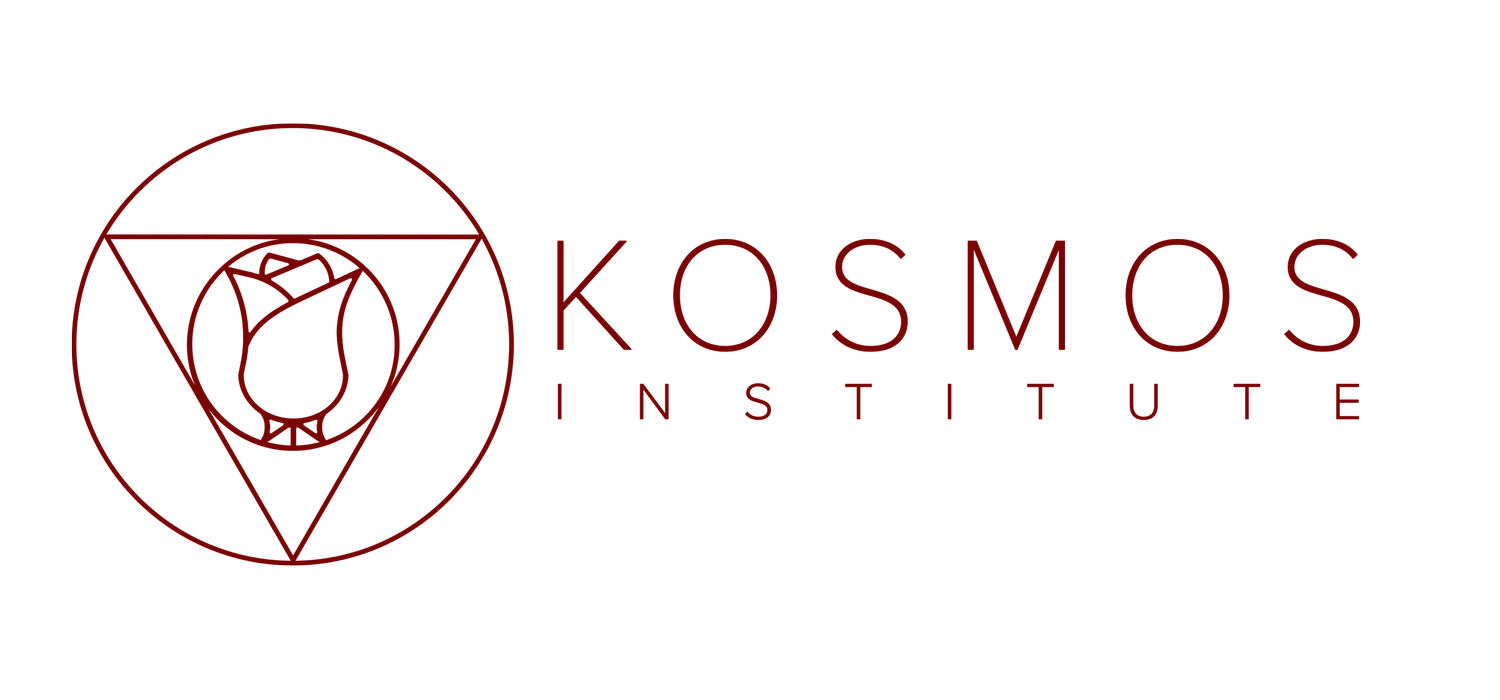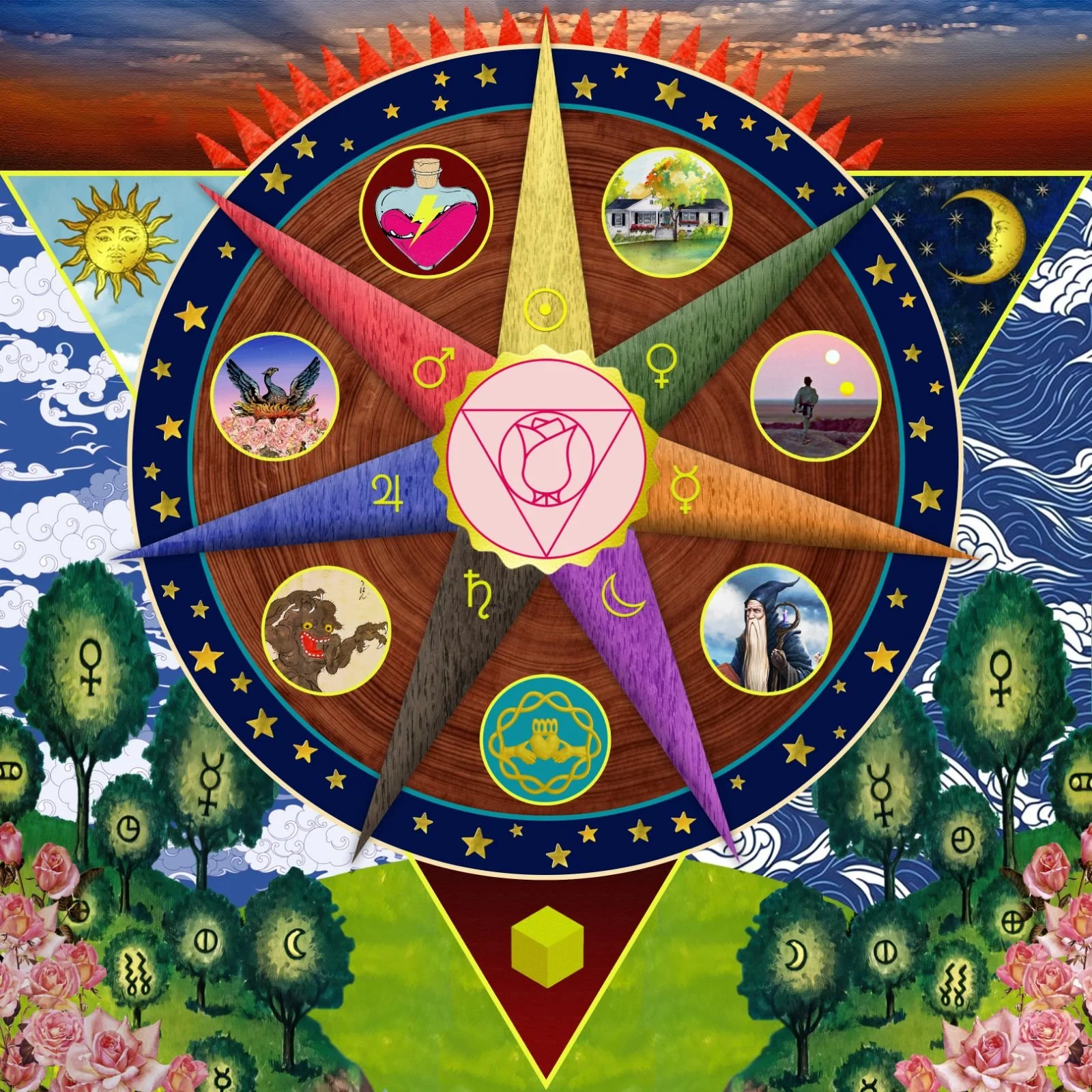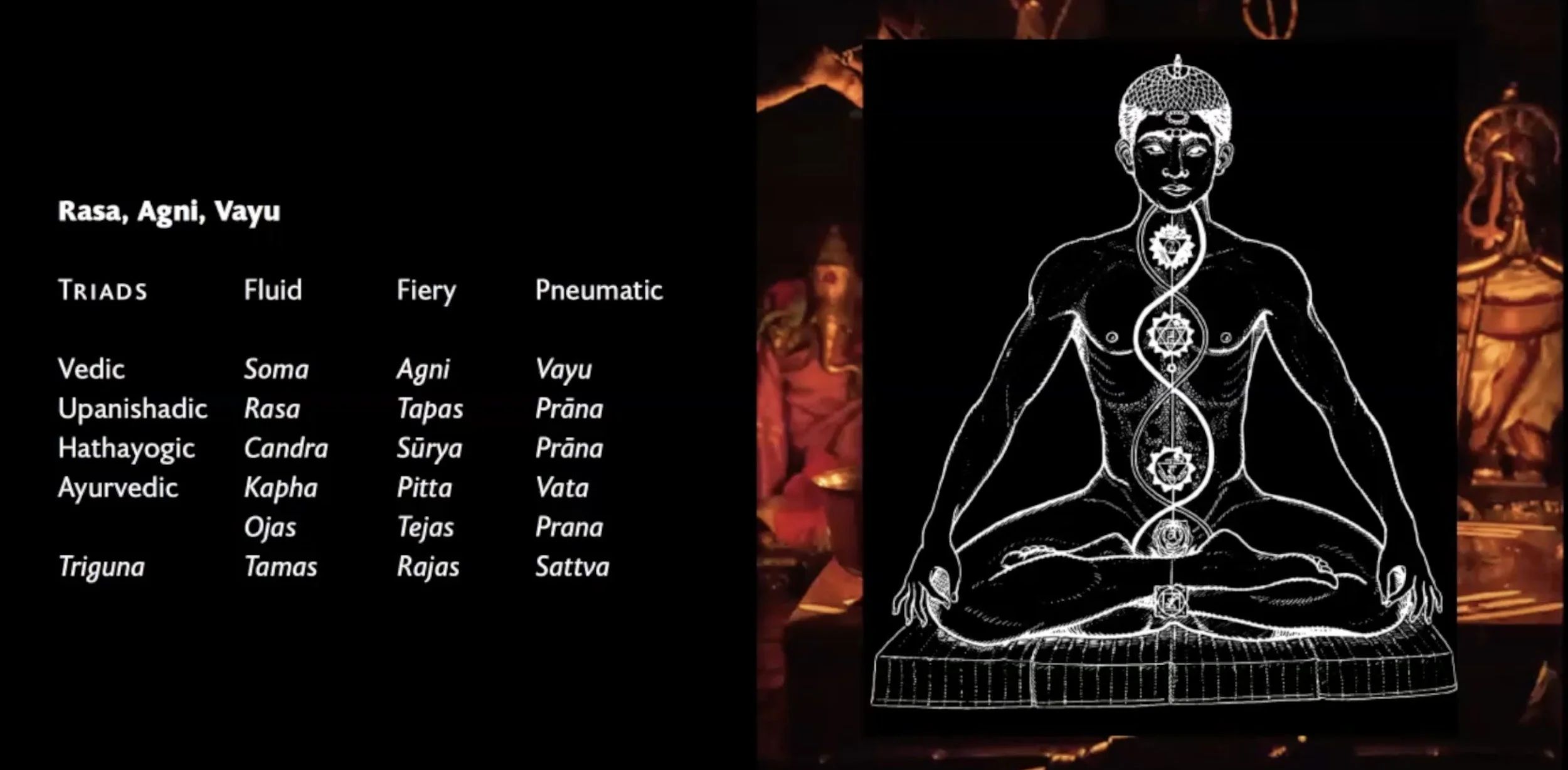A Brief History of Alchemy
“Alchemy may be defined as the unveiling of the primordial perfection hidden within the heart of appearances. In its most universal sense, alchemy traces the transformations of reality as it unfolds from and returns to this ever-present (yet ever-concealed) origin. In this context, the natural and spiritual aims of alchemy, from gold-making to god-making, reveal themselves as particular applications of a single universal process.”
Alchemy, historically misconstrued solely as primitive chemistry or symbolic psychology, is a profound hieratic art that embodies spiritual and psychological transformation across global traditions. Originating simultaneously in Pharaonic Egypt and Taoist China, alchemy articulates a universal quest—revealing primordial perfection beneath the veil of material reality. Its true essence integrates cosmology, metaphysics, mysticism, and medicine within a cohesive spiritual science aimed at transcendent realization.
In ancient Egypt, known as "kemi," meaning the "black land," alchemy emerged from the fertile soil annually renewed by the Nile, symbolizing cosmogonic rebirth and spiritual regeneration. Egyptian alchemists, seen as artisan-priests, mirrored divine creation by purifying the soul and ascending spiritually to participate in demiurgy. Greek Hermetic texts and theurgic practices inherited these Egyptian roots, codifying them into enigmatic processes designed to restore the soul's inherent divinity within the cosmic order.
Parallel yet distinctly lucid, the Taoist alchemical tradition in China conceptualized alchemy explicitly as the reversal of the Tao—the path by which the universe emanates from unity into multiplicity. Taoist practitioners distinguished between external alchemy (wai dan), involving material substances for health and longevity, and internal alchemy (nei dan), which transformed psychosomatic energies, cultivating the "golden embryo," symbolizing spiritual immortality. Taoist alchemy thus harmonized physical practices with metaphysical liberation, achieving transcendence through embodied refinement.
In the Islamicate tradition, alchemy (al-kimiya’) bridged Greek Hermeticism and later European esotericism, integrating cosmogenesis and mystical ascent. Islamic alchemists visualized creation unfolding from divine consciousness into matter, with the "red sulphur" symbolizing the philosopher's purified soul capable of spiritual ascension. Figures like Ibn ‘Arabi paralleled metallic purification processes with mystical union, highlighting alchemy’s spiritual trajectory as the integration of prophetic wisdom toward achieving divine unity and ultimate perfection.
Hindu and Tibetan tantric alchemies deepened this symbolic dialogue between matter and spirit through rasāyana and bcud len, "essence extraction." Tantric alchemy employed both external substances and internal meditative practices to transmute bodily essences into immortalizing elixirs. Central to these traditions were the transformative interactions between divine male and female principles, Shiva and Shakti, mercury and sulphur, representing cosmic creation and individual spiritual transcendence. This confluence of external rituals and internal yogic alchemy culminated in profound gnosis—direct realization of nondual primordial awareness.
European alchemy, inheriting these diverse strands, sought a "golden age," merging material pursuits like chrysopoeia (gold-making) and universal medicine with explicitly Christian and Hermetic spiritual objectives. Alchemists aimed beyond mere metallurgical achievements toward societal and spiritual rejuvenation, embodying paradise restored through internal and external transformation. Despite growing rationalization and materialization during the Enlightenment, hidden currents persisted within alchemy, preserving its sacred essence in works of mystics like Jacob Boehme and the circle of Fulcanelli.
Across cultures, alchemy consistently reveals a profound psychological and spiritual pursuit. Rather than developmental progression, alchemical transformation involves stripping away illusions to uncover inherent perfection—akin to Michelangelo’s artistic philosophy, where liberation, not creation, reveals beauty already present within the stone. Thus, alchemy remains a sophisticated spiritual psychology, offering insight into humanity’s innate potential for transcendence, uniting the natural and divine worlds in a single luminous understanding.



